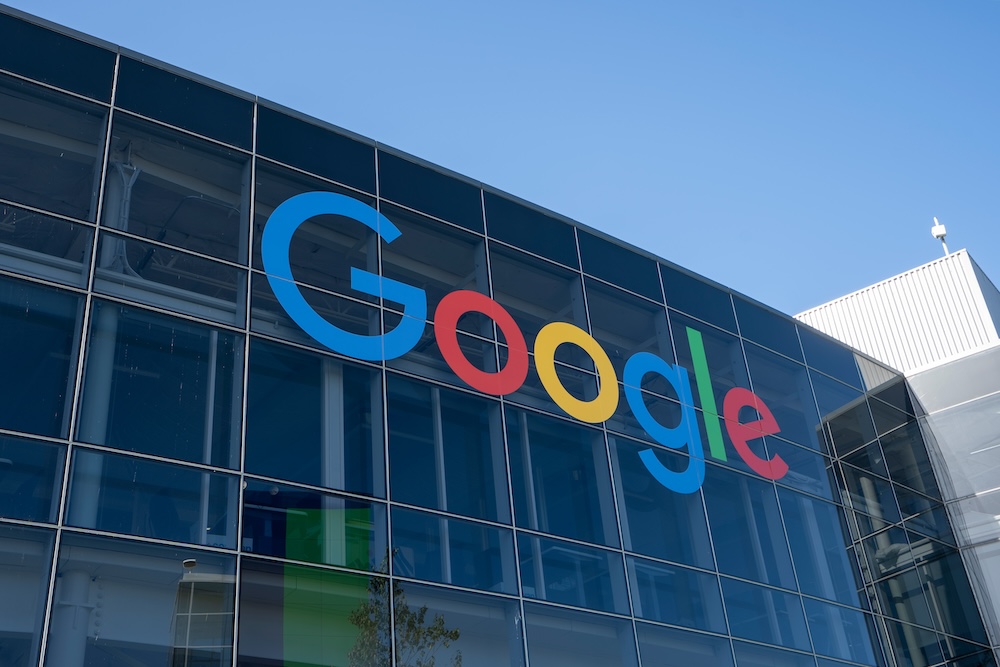Politics
JUST IN: Federal Judge Rules Against Woke Google, Declares Company An Illegal Monopoly

In a landmark decision, a federal judge ruled on Monday that Google has violated antitrust laws by maintaining an illegal monopoly in the general search services and general search text advertising markets. The ruling comes as a huge blow to the tech giant, often criticized for its vast influence over the internet and user data.
The memorandum opinion issued by the United States District Court for the District of Columbia extensively detailed Google’s monopolistic practices. “Google is a monopolist, and it has acted as one to maintain its monopoly,” the court wrote. “It has violated Section 2 of the Sherman Act.” The lawsuit was initially filed by the U.S. Department of Justice (DOJ) and 11 states on October 20, 2020, with 38 additional states joining in a subsequent complaint.
The plaintiffs accused Google of using exclusionary agreements to dominate the market for general search services and various online advertising markets. “Google has unlawfully used the distribution agreements to thwart competition and maintain its monopoly,” the complaint asserted. After a lengthy trial process, which included the review of millions of pages of documents and testimony from numerous witnesses, the court’s findings were clear.
The judge noted, “Google’s dominance has gone unchallenged for well over a decade,” and highlighted that by 2020, nearly 90% of all search queries in the United States were handled by Google.
BREAKING: After a lengthy anti-trust trial, a federal judge has ruled that Google has an illegal monopoly in both search and advertising. https://t.co/pDuHRVx8nA pic.twitter.com/XRZUPjDsKU
— Sean Davis (@seanmdav) August 5, 2024
Founded in 1998 by Larry Page and Sergey Brin, Google rapidly ascended as the dominant search engine, leveraging its algorithm to deliver relevant results swiftly. This prowess in search allowed the company to expand into various digital services, such as advertising, maps, and mobile operating systems, which further solidified its market position. The company’s extensive data collection and ability to target specific audiences became invaluable to advertisers, creating a near-monopolistic control in digital advertising. This dominance has led to scrutiny and regulatory challenges globally, as competitors and regulators question Google’s market practices and their impact on competition and consumer choice.
One of the critical aspects of the court’s findings was Google’s strategic use of default distribution agreements. “Most users access a general search engine through a browser or a search widget that comes preloaded on a mobile device,” the court explained. “Those search access points are preset with a ‘default’ search engine. The default is extremely valuable real estate.” The court detailed how Google pays enormous sums to secure these default positions, thus stifling competition. “Google pays huge sums to secure these preloaded defaults. In 2021, those payments totaled more than $26 billion. That is nearly four times more than all of Google’s other search-specific costs combined.”
The memorandum also addressed the implications of Google’s data practices. “Google derives extraordinary volumes of user data from such searches. It then uses that information to improve search quality. Google so values such data that, absent a user-initiated change, it stores 18 months-worth of a user’s search history and activity.” The court’s findings were not limited to Google’s market practices but also extended to the adverse effects on competitors and consumers. “The exclusive agreements foreclose a substantial share of the market. The exclusive agreements have deprived rivals of scale,” the opinion stated. Furthermore, the court showed that these agreements have reduced incentives to invest and innovate, affecting the overall quality of services available to consumers.
The ruling mandates that Google must cease its exclusionary practices and opens the door for potential structural changes to its business model. Google indicated its intention to appeal the decision, arguing that its practices are lawful and benefit consumers. “Google has not achieved market dominance by happenstance,” the company stated in its defense, citing its innovation and quality of service as the primary reasons for its success.

